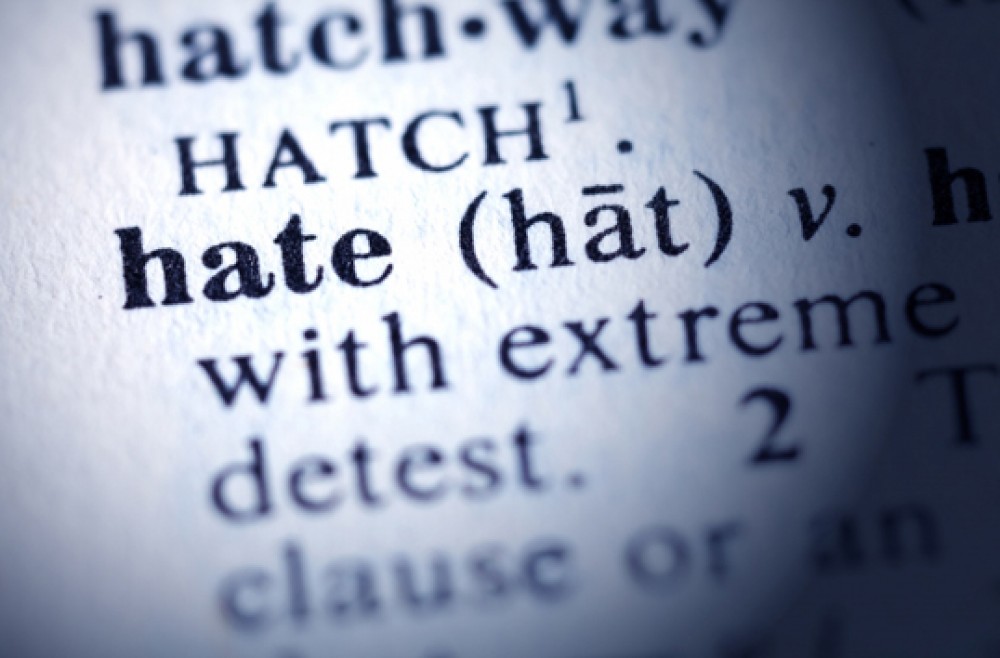Momo Challenge: 'Freaky game' described as hoax
The fictional online character 'momo', which was alleged to have encouraged children to self-harm, as been described as a hoax.
The internet & social media have provided "new platforms" for abuse.

Online hate crimes should be treated as seriously as abuse committed face-to-face, prosecutors in England and Wales have been told.
Revising its guidance for prosecutors, the Crown Prosecution Service said the impact of tweeting abuse can be as "equally devastating" as shouting it. The guidance includes offences against bisexual people for the first time.
Director of Public Prosecutions Alison Saunders said online abuse can fuel "dangerous hostility". She said
Writing in the Guardian, she said recent events in the US - where white supremacists clashed with anti-racism groups in Charlottesville - showed what online abuse can lead to.
"Whether shouted in their face on the street, daubed on their wall or tweeted into their living room, the impact of hateful abuse on a victim can be equally devastating," Ms Saunders said.
The CPS says it has set out more clearly what victims and witnesses should expect from the law. The new legal guidance and accompanying CPS public statements guide prosecutors deciding whether to charge suspects of offences motivated by hostility towards people of different races, religions, sexuality, gender and disability.
Cases should be pursued with the same "robust and proactive approach used with offline offending". It says exceptions to prosecution should be made in the case of children who may not appreciate the potential harm they have caused by publishing something online that amounts to a hate crime.
Until now, CPS guidance on hate crime motivated by sexual orientation has had a general focus on all victims. The new policy documents cover different strands of hate crime: racist and religious; disability; and homophobic, biphobic and transphobic. They also say that victims of biphobic hate crime, aimed at bisexual people, have different needs and experiences compared to those suffering anti-gay and transphobic offences.The new guidance can be found here
Hate crime is any criminal offence "which is perceived by the victim or any other person to be motivated by a hostility or prejudice".
For more information about online hate crime and where to report have a look at our Online Hate Crime Guidance